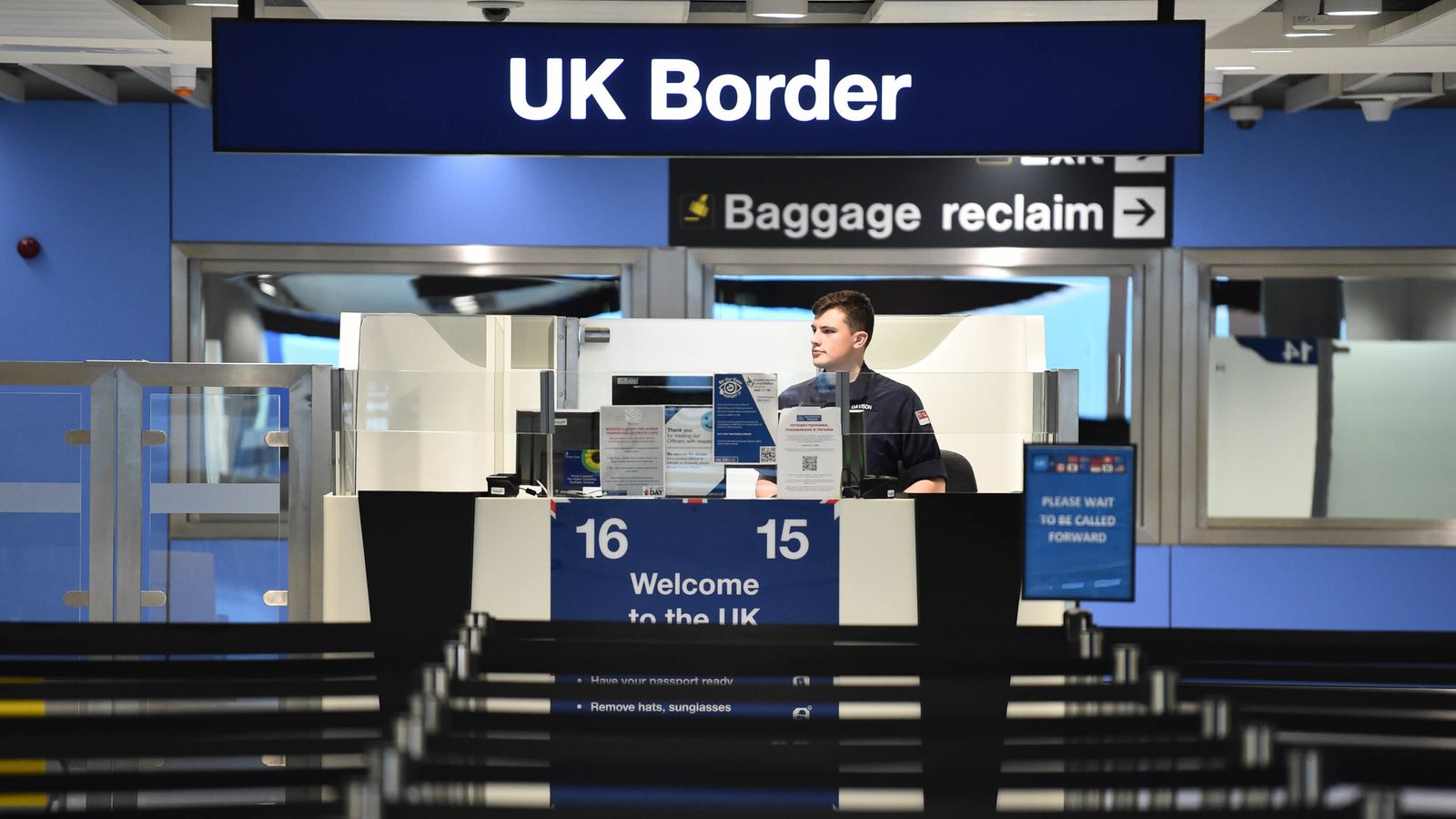
The prime minister has refused to rule out manifesto-breaking tax hikes in next week’s budget while speaking to Sky News’s political editor Beth Rigby.
Sir Keir Starmer was interviewed by Rigby while the pair were in South Africa for a meeting of the G20 group of nations.
Despite the government last year indicating it was not going to raise more taxes, it appears that Wednesday’s fiscal event will involve substantial increases in levies.
The 2024 Labour manifesto said: “We will ensure taxes on working people are kept as low as possible.
“Labour will not increase taxes on working people, which is why we will not increase national insurance, the basic, higher, or additional rates of income tax, or VAT.”
At the start of their interview, the prime minister was asked by Rigby if it was important for politicians to “stick to their word”.
Sir Keir said: “Yes, it is important that politicians stick to their word.
“They have to make decisions against a political backdrop. And, we’ve also got big decisions to make in the budget that’s coming in just a few days time.”
This caveat matches the expectations that a range of taxes are going to be increased so the government can keep its spending pledges and increase its fiscal headroom amid worsening economic headwinds.
There was chaos last week after the reported increase in income tax that many had expected to be on the way was revealed to no longer be on the cards.
Asked specifically on the manifesto commitment on tax, Sir Keir told Rigby that decisions will be made “against a very difficult backdrop”.
In total, the prime minister refused 12 times to rule out tax rises.
He added it was “important to take the right decisions for our country”.
Rigby pointed out in the lead-up to the budget in 2024, the prime minister was more unequivocal, saying income tax, national insurance and VAT would not all go up.
The prime minister declined to make the same promise, saying the decisions on tax will be announced on Wednesday.
Read more:
Did Reeves pull off something extraordinary?
Government borrowing higher than expected
Will energy bills be made cheaper?
However, Sir Keir said the budget will be guided by “principles”, including “fairness”.
The prime minister said the three areas he is “bearing down on” are the NHS, cutting national debt and dealing with the cost of living crisis.
One tax rise that has not been ruled out is what is known as a “stealth tax rise” of freezing income tax thresholds.
Rigby highlighted that in last year’s budget, Rachel Reeves said freezing thresholds will “hurt working people” – and asked the prime minister if he agreed.
👉 Click here to listen to Electoral Dysfunction on your podcast app 👈
Sir Keir said: “We are going to set out our decisions.
“We will have absolutely in mind that the cost of living is the number one issue for people across the country.”
Pushed again, if working people will have their taxes increased, the prime minister instead mentioned he has people who are “struggling with the cost of living” in mind when making decisions.














